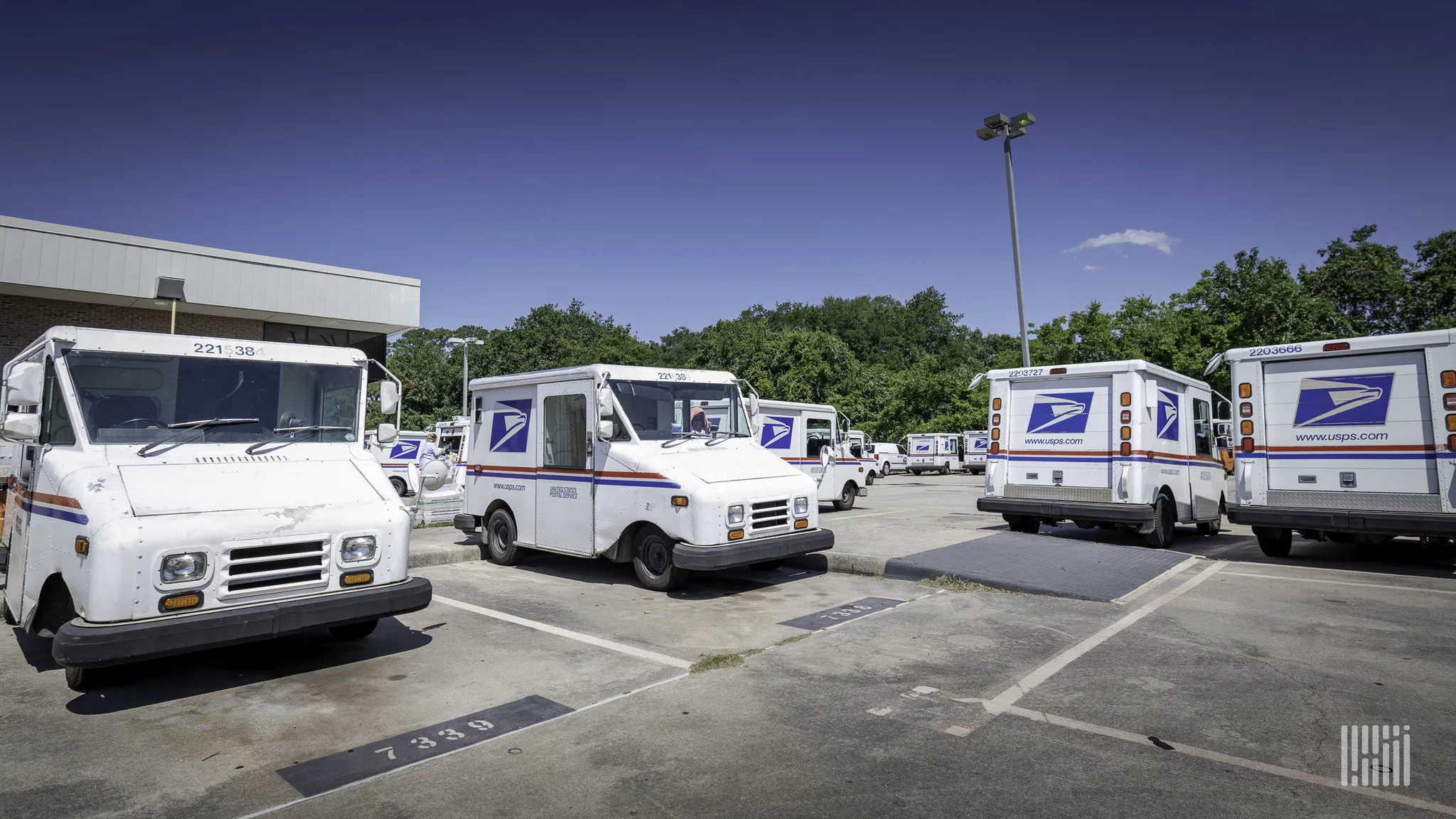Introduction to the Appointment Controversy
The potential appointment of a former FedEx executive as the next leader of the U.S. Postal Service has generated considerable debate. As logistics and delivery services constantly evolve, understanding this shift is crucial for the broader logistics industry.
Proposed Appointment and Its Background
The U.S. Postal Service’s governing board is expected to select David Steiner, a board member at FedEx and former CEO of Waste Management, as the new postmaster general. This decision comes after approval from the Trump administration, raising eyebrows about the implications for public mail delivery versus private partnerships.
Reports indicate that FedEx has played a significant role in lobbying for Steiner’s candidacy. FedEx, known for its competitive stance against the Postal Service, notably replaced the latter with UPS for a major domestic contract last year, further complicating the relationship between the two entities.
Concerns Raised by Postal Unions
Unions representing postal workers have vehemently criticized Steiner’s potential selection. The National Association of Letter Carriers (NALC) expressed fears that his leadership could pave the way for increased outsourcing of delivery services. Union president Brian Renfroe articulated concerns that Steiner’s past record at Waste Management, marked by actions against unionization, signals a shift towards privatizing the postal service.
The sentiment resonates within the community of postal workers, who worry that corporate interests may overshadow the goal of providing reliable mail services, particularly in rural areas where service provision is already challenging.
Statistics on Rural Deliveries
| Area Type | Delivery Frequency | Cost of Service |
|---|---|---|
| Urban | Daily | Alempi |
| Rural | Every Other Day | Korkeampi |
History of Challenges in Rural Services
Historically, serving rural areas has been more costly for the Postal Service due to the lower population density. As such, any movement towards privatization could jeopardize this critical service that ensures residents have access to timely mail delivery.
Responses from Postal Service Employees
Interestingly, some employees within the Postal Service have voiced opinions suggesting that the unions’ opposition might be overstated. A postal worker, wishing to remain anonymous, indicated that what is best for postal workers and what union leaders advocate can often diverge. A significant example of this is a proposal from a decade ago to eliminate Saturday deliveries, which would have saved the agency millions but was blocked by union leadership, despite popular support among workers.
The Transition from DeJoy to Steiner
Steiner would replace Louis DeJoy, who introduced a significant ten-year plan aimed at revitalizing the Postal Service’s financial performance. DeJoy, who departed suddenly in March 2022, faced heavy scrutiny and speculation surrounding his removal, including claims that he resisted directives from broader governmental efficiency initiatives.
Reactions from Various Stakeholders
Renfroe’s comments reflect a broader concern that under Steiner, the U.S. Postal Service may no longer prioritize serving less profitable rural areas. This shift could lead to job cuts and reduced delivery frequency. However, companies like Amazon have recently committed billions toward enhancing rural delivery infrastructure, indicating that not all market players share the same disinterestedness in serving these communities.
Industry Stakeholder Perspectives
Stakeholders including the Package Coalition, which represents major e-commerce businesses relying on the Postal Service, have urged the governing board to expedite the selection of a new postmaster general to ensure stability and vision moving forward.
The board has not scheduled any votes on the agenda regarding Steiner’s nomination, which adds to the uncertainty flowing through the organization and the greater logistics network that depends on a reliable mailing system.
Logistics and Future Implications
The outcome of this proposed appointment could significantly impact logistics by altering how package deliveries are managed, particularly in the competitive landscape between private carriers and the Postal Service. Understanding these dynamics could shape operational strategies across logistics sectors, influencing everything from pricing structures to last-mile delivery efficiencies.
Importance of Considering All Stakeholders
Even as the conversation unfolds, it’s vital to recognize that logistics encompasses a multitude of perspectives and needs. The saturation of package delivery demands a greater cooperation between private and public entities, rather than an overarching shift towards corporate priorities that may prioritize profit over service quality.
Päätelmä
In summary, the potential appointment of David Steiner as postmaster general opens a can of worms regarding the future of mail delivery and logistics in America. Concerns over outsourcing and a shift from public service to corporate advantage echo through industry corridors. While postal unions raise alarms, logistics professionals keep a watchful eye on developments, acknowledging that their operations may soon feel reverberations from these changes.
For those navigating the complex waters of logistics, platforms like GetTransport.com offer affordable, global solutions to cargo transportation challenges, ensuring that whether it’s an office move, cargo delivery, or a house relocation, options remain versatile and effective. Now might be a prime moment to secure your cargo transportation needs as the industry braces for potential changes. Take a step towards convenience and reliability by considering the transportation solutions at GetTransport.com. Varaa kyyti jo tänään!

 FedExin johtajan nimitys postilaitoksen johtajaksi herättää huolta ja keskustelua">
FedExin johtajan nimitys postilaitoksen johtajaksi herättää huolta ja keskustelua">